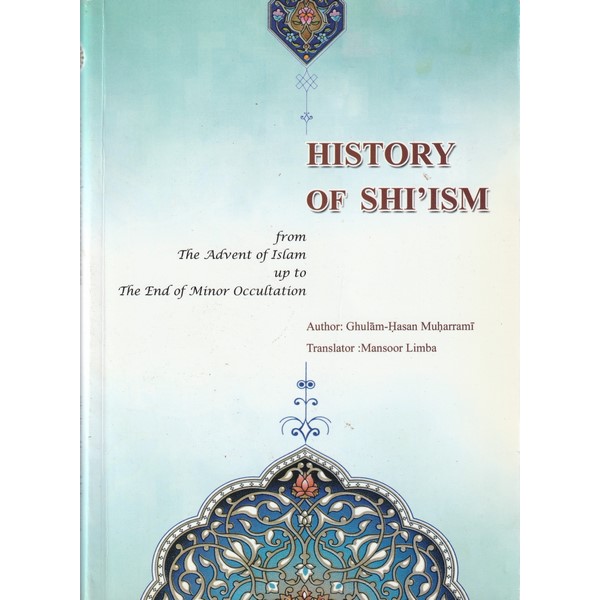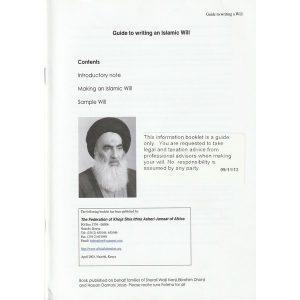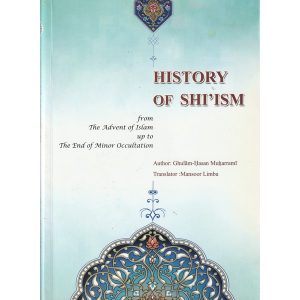Description
This text discusses how Shi’ism has been an integral and inseparable part of Islam from the time of the Holy Prophet (sa). The text provides several resources to show how Shi’ism began with the companions of the Holy Prophet (sa) and how its legacy still stands. Topics covered 1 Emergence os Shia 2 Saqifah 3 Silence of Imam Ali (as) 4 Sahaba Shias 5 Umayyad 6 Period of 4th Imam 7 Alawi uprisings 8 Zayd shahid 9 Factors behind failure of the uprisings 10 poets, 29 lessons







Reviews
There are no reviews yet.